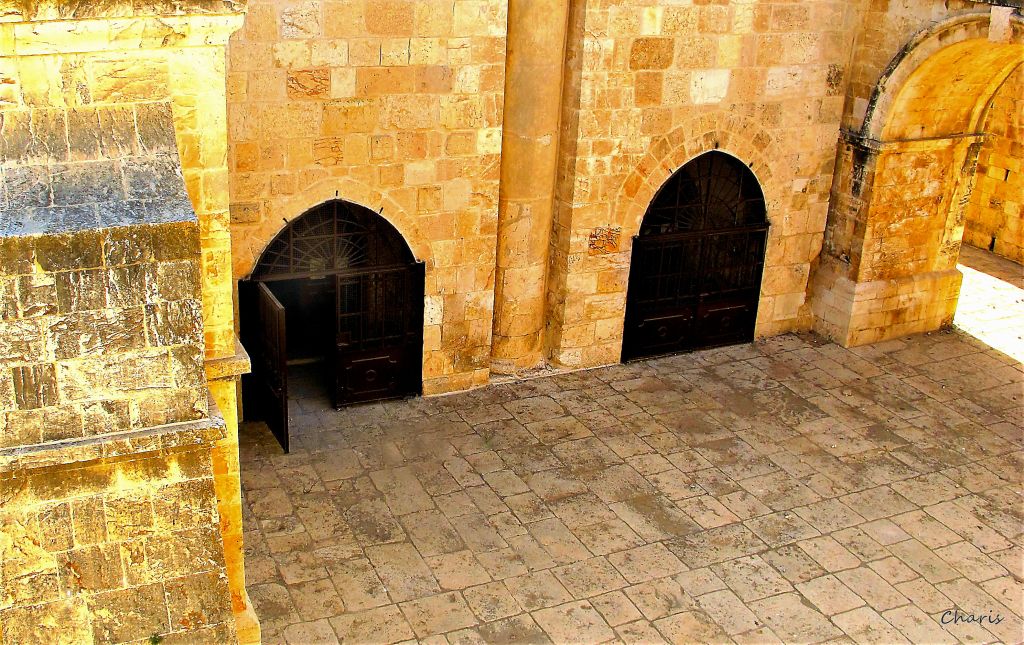I appreciate the candour expressed in the Psalms of the Sons of Korah. In Psalm 84 they are experiencing the glory of the Lord and the beauty of being in his presence and going from strength to strength. In Psalm 85 they recognize that a distance has crept into their relationship with God. They are again falling back into the old default position of relating to him as an angry God. They cry out for revival, a fanning of embers that seem to be slowly losing their fire.
I’ve been there. Have you? As I’ve been meditating on this Psalm, I believe I am beginning to see a kind of map for renewing the desire to get back to the place of passionate love for the Lover of our souls. It looks like this:
-Worship God by choosing to focus on who he is and remembering what he has done.
-Assess the current state of your relationship and tell him how you feel. Honestly.
-Ask for what you need.
-Listen to his heart and pay attention to his many ways of communicating insight.
-Learn from his advice and seek ways to let it change you.
-Declare the outcome of what he has shown you.
Here it is in Psalm 85:
Worship and Remember
You, Lord, showed favor to your land;
you restored the fortunes of Jacob.
You forgave the iniquity of your people
and covered all their sins.
You set aside all your wrath
and turned from your fierce anger. (verses 1 to 3 NASB)
Assess and tell him how you feel
Restore us again, God our Savior,
and put away your displeasure toward us.
Will you be angry with us forever?
Will you prolong your anger through all generations? (verses 4 and 5)
Ask
Will you not revive us again,
that your people may rejoice in you?
Show us your unfailing love, Lord,
and grant us your salvation. (verses 6 and 7)
Listen
I will listen to what God the Lord says;
he promises peace to his people, his faithful servants—
but let them not turn to folly.
Surely his salvation is near those who fear him,
that his glory may dwell in our land. (verses 8 and 9)
Learn
Love and faithfulness meet together;
righteousness and peace kiss each other.
Faithfulness springs forth from the earth,
and righteousness looks down from heaven. (verses 10 and 11)
Declare
The Lord will indeed give what is good,
and our land will yield its harvest.
Righteousness goes before him
and prepares the way for his steps. (verses 12 and 13)
I wondered what was meant by the psalmists use of the metaphor of righteousness and peace kissing each other. (verse 10) That lead me to do a word study.
The word translated kiss here is nashaq. This kind of kiss means a great deal more than romance or affection. We have difficulty understanding this kind of kiss in that culture. It’s not a western custom. The Bible describes the kiss of restoration of relationship when Esau kissed Jacob. The word nashaq is used for the public mark of authority Pharoah granted Joseph to prepare the land for coming famine (Genesis 41:40). We read it again when Israel gave his final blessing to his sons and grandsons. It is used when Aaron went out to meet his younger brother, Moses, as a sign of recognition of, and submission to, his calling (Exodus 4:27). It is used when describing the prophets who refused to kiss an idol and refused to give Baal any acknowledgment of authority or influence in their lives.
A nashaq kiss can symbolize a fastening to someone. It can indicate a restoration of order in relationships. Sometimes it was symbolic of a formal equipping with authority that could include power or weapons. This authority is publicly conferred upon the person receiving the kiss.
When love and faithfulness meet, righteousness and peace kiss each other. They form a bond which is mutually empowering. Righteousness that comes from God the Father through Jesus Christ makes peace possible. The peace that Jesus gives is beyond understanding, but it enables righteousness to replace shame and guilt. Both, together, give us a place and a standing in the family of God, not by anything we have accomplished, but by God’s grace.
Faith-fullness (which also comes from God) gives us a means to receive and something to offer back to our heavenly Father. His response, his ‘anah (explained here), to our prayer made in faith that he will hear and answer, is the righteousness of Christ which came down from heaven. When we are born again, it is Christ’s in which we live and move and have our being. It is his righteousness which went before and prepared his steps and now goes before and prepares our steps toward greater intimacy with our Creator.
Because of God’s response to our earnest cries for his unfailing love to revive us again, we can declare with confidence, “The Lord will indeed give what is good, and our land will yield its harvest!”
I don’t know about you, but I have some talkin’ to do with the Lord. If you want to join me in worshipping, expressing, asking, listening, learning, and declaring restoration and revival for your own heart, for your family, for your household of faith, for your community or city, for your country and for the world, you are welcome.








